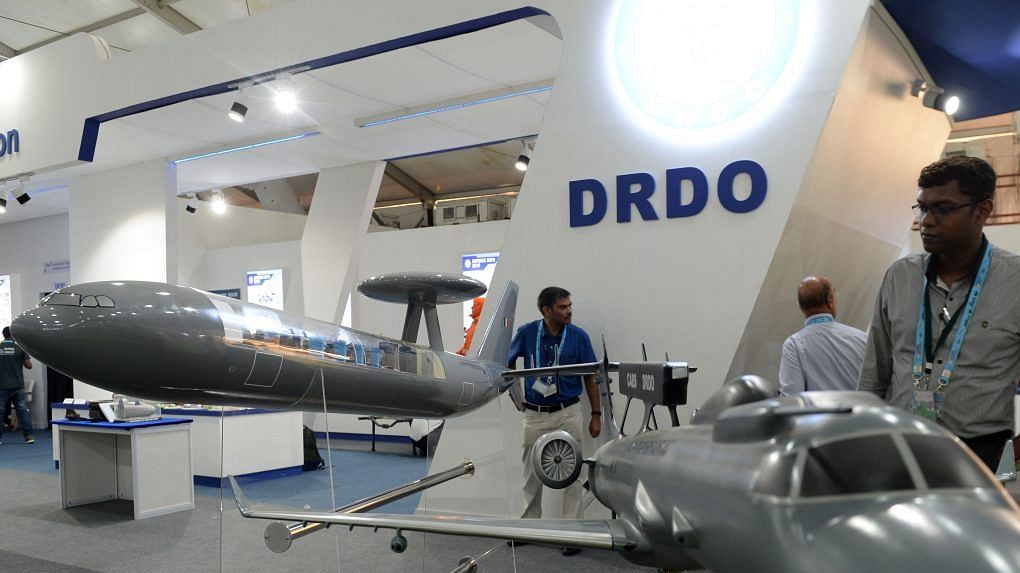SOURCE: AFI

The high-powered committee led by K. VijayRaghavan has encountered turbulence as a group of senior defense scientists opposes its January 2024 report titled ‘Redefining Defence Research and Development.’ The report, submitted to Union Defence Minister Rajnath Singh, has sparked dissent among some senior scientists at the DRDO, who have expressed doubts about its feasibility.
A contingent of top defense scientists has sought an audience with the Prime Minister’s Office (PMO), the ultimate authority in the matter, to voice their concerns regarding the report’s contents. Key points of contention include proposals to bring the DRDO under the PMO’s purview and grant the armed forces a greater role in technology development. The panel asserts that the DRDO’s involvement in expansive defense projects has led to significant delays and resource wastage. Disagreements have also arisen over proposed changes to staff recruitment practices, favoring campus hiring through interviews over direct recruitment.
The most contentious issue centers on the report’s strong endorsement of a more substantial role for the private defense sector. However, due to the report’s classified nature, the Ministry of Defence (MoD) has refrained from public response following receipt of the scientists’ letter. It is anticipated that the ministry will engage with all stakeholders to address concerns and present them to the PMO for consideration.
Should the PMO endorse the panel’s recommendations, the MoD and DRDO will have a 90-day window to commence implementation. Within the corridors of the DRDO headquarters in New Delhi, discussions are underway on how to meet this ambitious deadline. Many scientists are skeptical about the feasibility of transforming a 66-year-old institution within such a short timeframe.
The VijayRaghavan panel underscores the pivotal role of the Defence Technology Council (DTC), chaired by the Prime Minister and including the Defence Minister and National Security Advisor, in identifying suitable players for specific defense technologies. The panel recommends the inclusion of two members each from academia and industry in the DTC to offer diverse perspectives.
The committee’s assessment reveals that nearly 60% of delays in DRDO projects stem from internal issues, such as the lack of requisite technologies, while 17-18% result from the armed forces’ tendency to modify project parameters. Bureaucratic red-tape further impedes progress. Consequently, ongoing projects are under review, with only viable ones expected to proceed. DRDO labs have been instructed to expedite the completion of projects in their final stages.
In conclusion, the VijayRaghavan committee’s recommendations signal a potential shift in the landscape of defense research and development in India. However, the road ahead is fraught with challenges as stakeholders navigate differing perspectives and logistical hurdles to usher in transformative reforms.